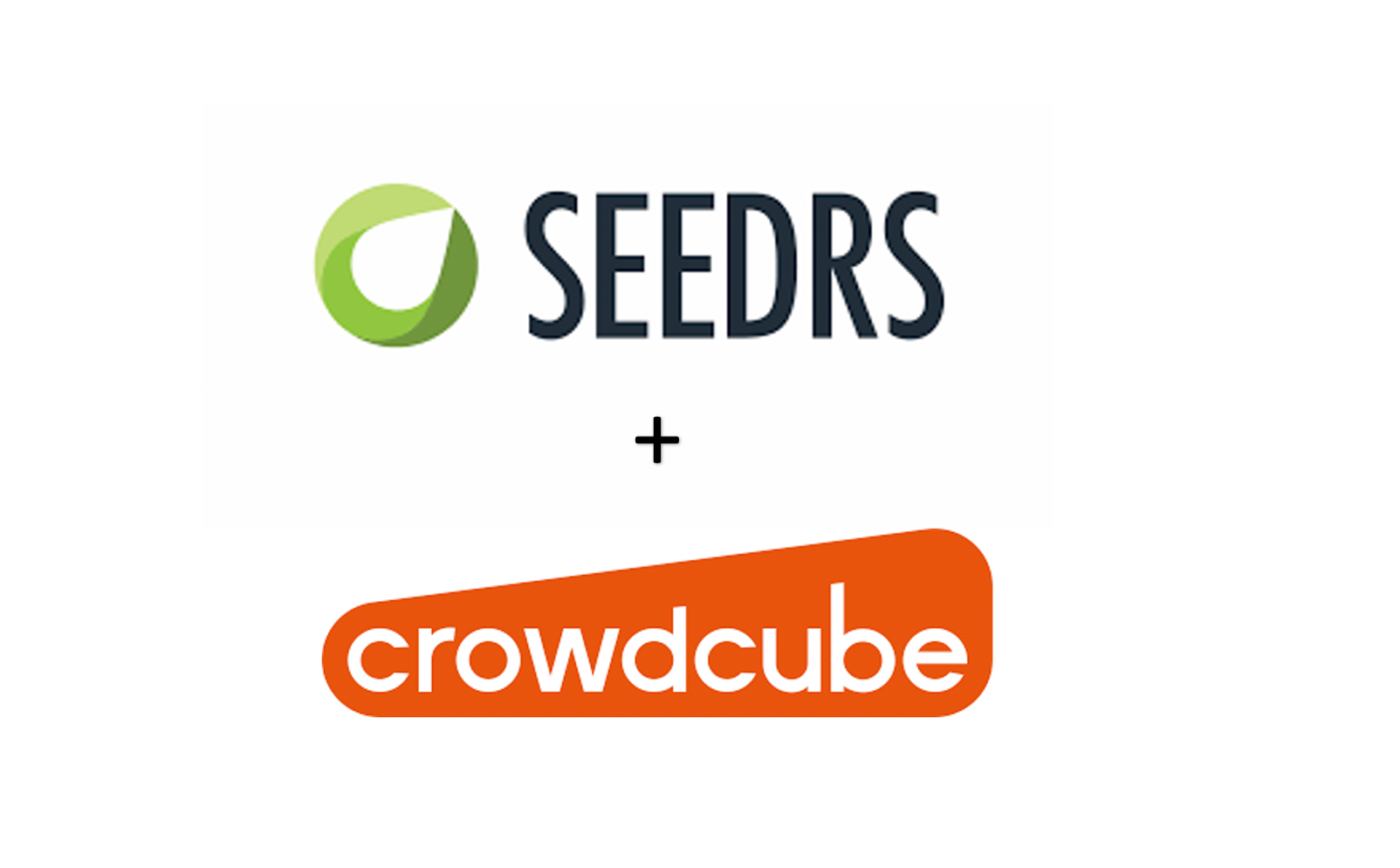It was the 5th of October, 2020 and John Lake, the CCO at Seedrs (a leading equity crowdfunding player in the UK) pressed the “send” button on an important email. Seedrs was announcing that it had agreed in principle to merge with Crowdcube. The combined entity would in due course create one of the largest online “private equity marketplaces”, should the merger be approved by the good people at the CMA (Competition Markets Authority) and FCA (Financial Conduct Authority). Regulators typically look at how a merger would benefit the market (would it result in reduced competition?) or put any customers (startups or investors, as its a two sided marketplace) at a disadvantage?

The equity crowdfunding sector has been on fire and reached new heights since the pandemic began fuelled in part by the ability for investors to claim varying levels of tax relief in the United Kingdom for investing in what are called Knowledge Intensive Companies or a KIC by HMRC (up to the value of £2 million in tax relief is on offer).
At a high level it seems that market reaction to news of the potential merger has been a mixed bag. Some startups suggest that it provides an environment that is less competitive. In an absolute sense this is true as there are no other services operating at that scale for equity crowdfunding (where the “crowd” or qualified investors can invest their personal funds into fledgling upstarts or in some cases more mature businesses in exchange for equity). Unicorns (startups or more scale-ups now valued at over a Billion dollars), Zebras and all other manners of startups have raised money on these platforms. Amongst which are the likes of Revolut (the UK based Neo bank that is aggressively expanding across the globe), goHenry (the children’s bank), What3worlds (a novel way to address the world with combination of three words in a myriad of languages from English to Urdu) and Brewdog to name a few. The pricing offered to startups looking to raise on these platforms has historically differed across the two platforms.
For the arm chair dragons investing in these startups it looks like a good deal. Simpler to invest in a broader range of startups and scale-ups in one place, likely at the click of a few buttons. The economics for both businesses seem very different on closer inspection. For instance at Seedrs there is a “carry”. For the uninitiated this means that they charge a percentage of the profit when there is a liquidity event e.g. a trade sale or IPO for instance. More specifically they charge a 7.5% carry fee, his would be 7.5% on any profits the investor makes when they sell the shares (through Seedrs secondary market or when the company makes an exit). So ultimately there is only charge when investors makes money, not when the campaign is successful. Crowdcube on the other hand charges a 7% success fee if the fundraising campaign is successful.
The table below details other notable differences between how their respective business model’s play out (to be created).
| Seedrs | Crowdcube |
| 7.5% Carry fees | No Carry fees |
| No Class A shares on offer | Class A shares on offer |
| 6% success fees | 7% Success fees |
| 0.5% payment processing fee | Range (0.5% – c. 3%) payment processing fees |
| Ability to extend round Private & Public available | Fixed Private & Public rounds available |
From a business perspective it makes sense for the UK crowdfunding giants to merge and jump into the international market as a larger, single entity with greater firepower and experienced teams. Clearly there will be some cost savings in functions due to synergy of functions doing the same thing at both ends. The combined entity has decided to retain its top leadership with Seedrs CEO, Jeff Kelisky positioned as the CEO designate for the post merger entity and the co-founder of Crowdcube, Darren Westlake, taking on the role of Executive Chairman. The new entity will see 60% of equity being Crowdcube and 40% Seedrs, a split that reflects the most recent valuations of the two businesses.
If recent rounds are anything to go by the future looks brighter than ever, Seedrs just had their largest ever raise conducted by a Fintech, Ziglu. The startup which helps its customers trade in crypto assets such as Bitcoin, Ether, XRP and others, raised just over £6M with over a thousand investors participating in the round. The round which had a modest target of £1M was exceeded six fold as crypto mania has taken over retail investors looking to get into the game and observing the success of many similar US startups. Part of the lure of investing in such early stage teams are battle hardened leaders, which certainly was the case with Ziglu, which boasts Mark Hipperson as a founder (he previously served as CTO and co-founder of Starling Bank, one of the first neobanks to break a profit). The Fintech has raised an aggregate of £11M to date and has a band of new engaged customers that are often a by-product of those investing in the campaigns.
The regulators have a lot to ponder over, but any way they cut it, these two crowdfunding juggernauts have a crucial role to play in keeping the early stage ecosystem alive and kicking in the UK. A decision is pending in 2021. Watch this space.



